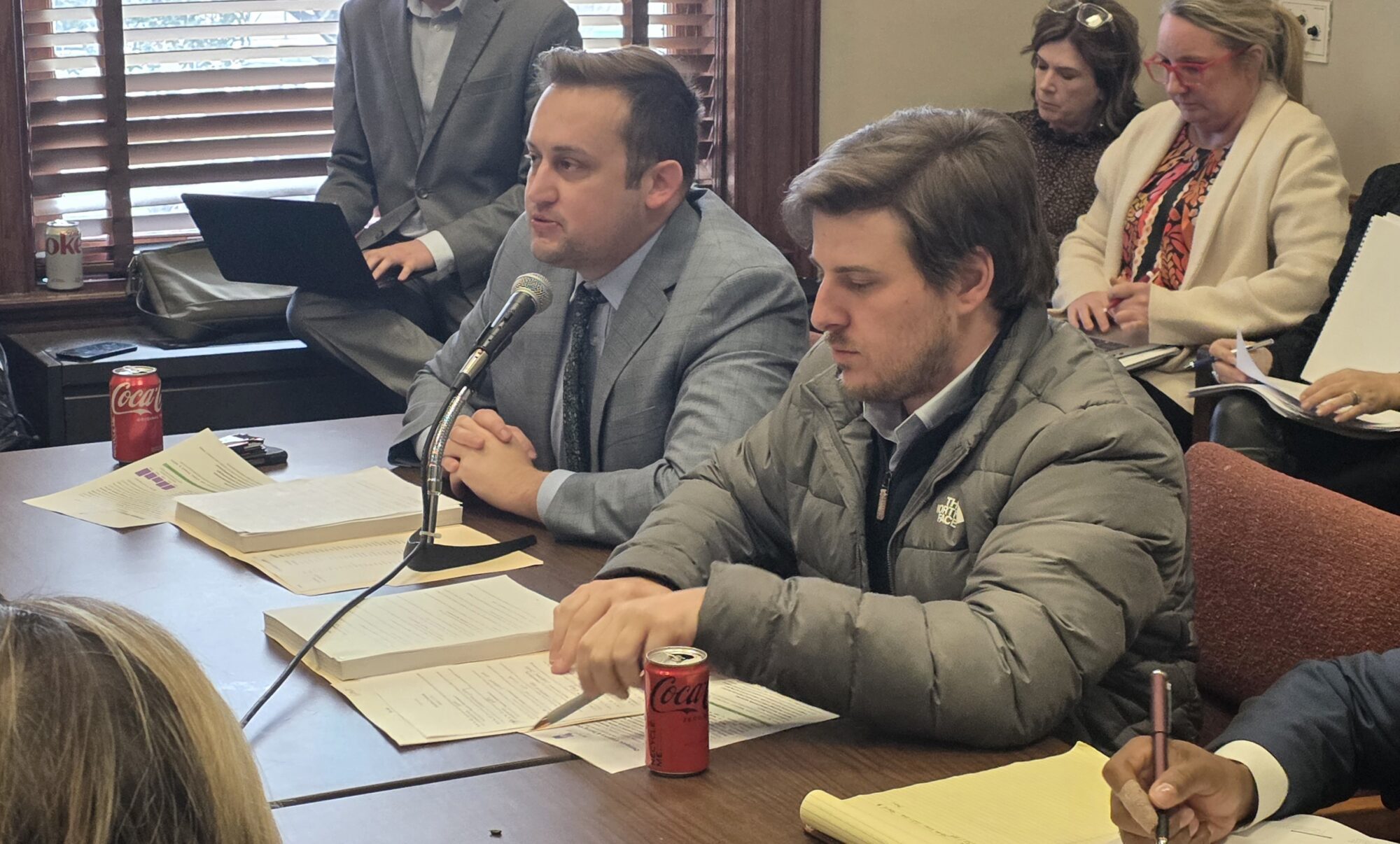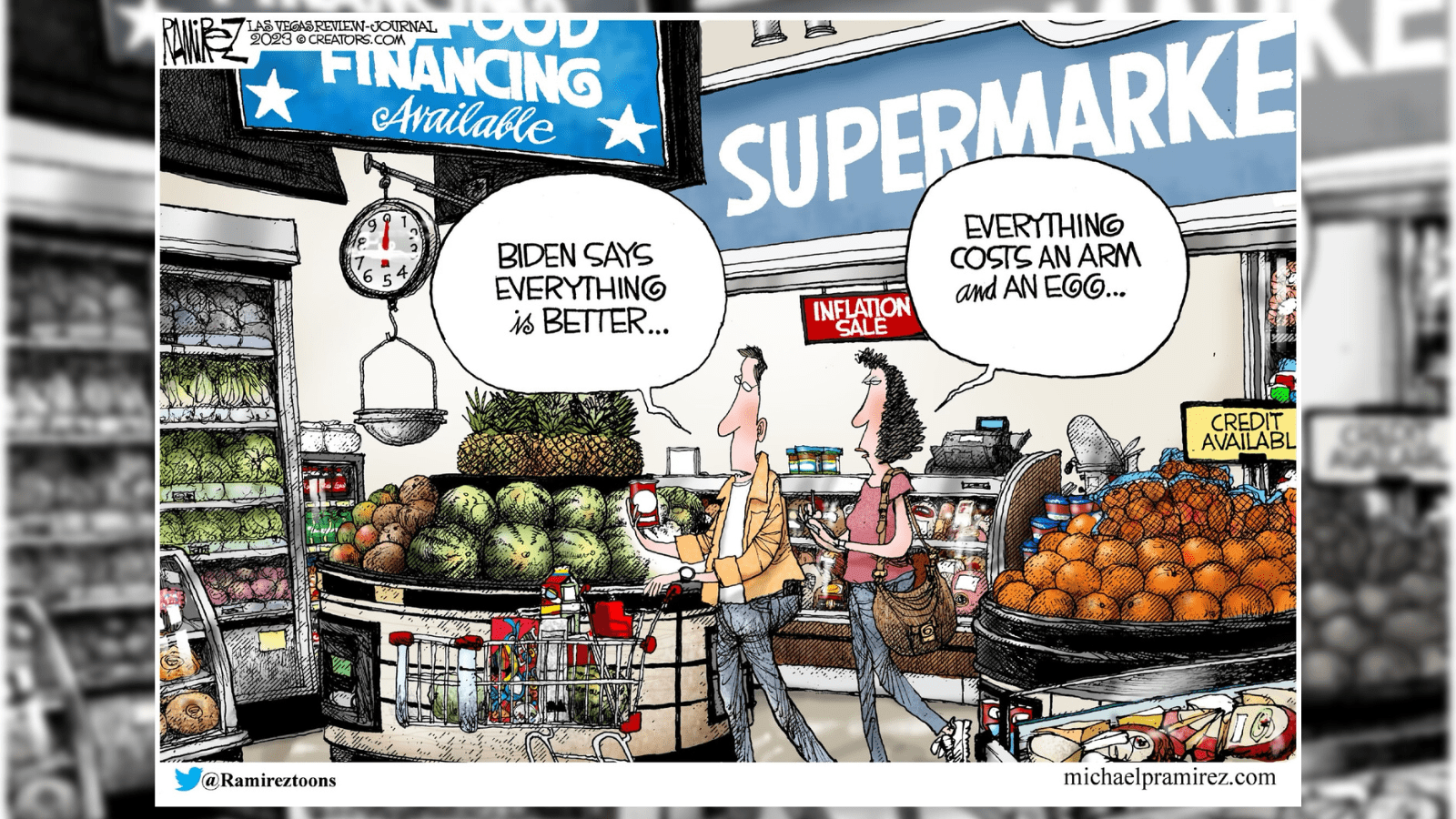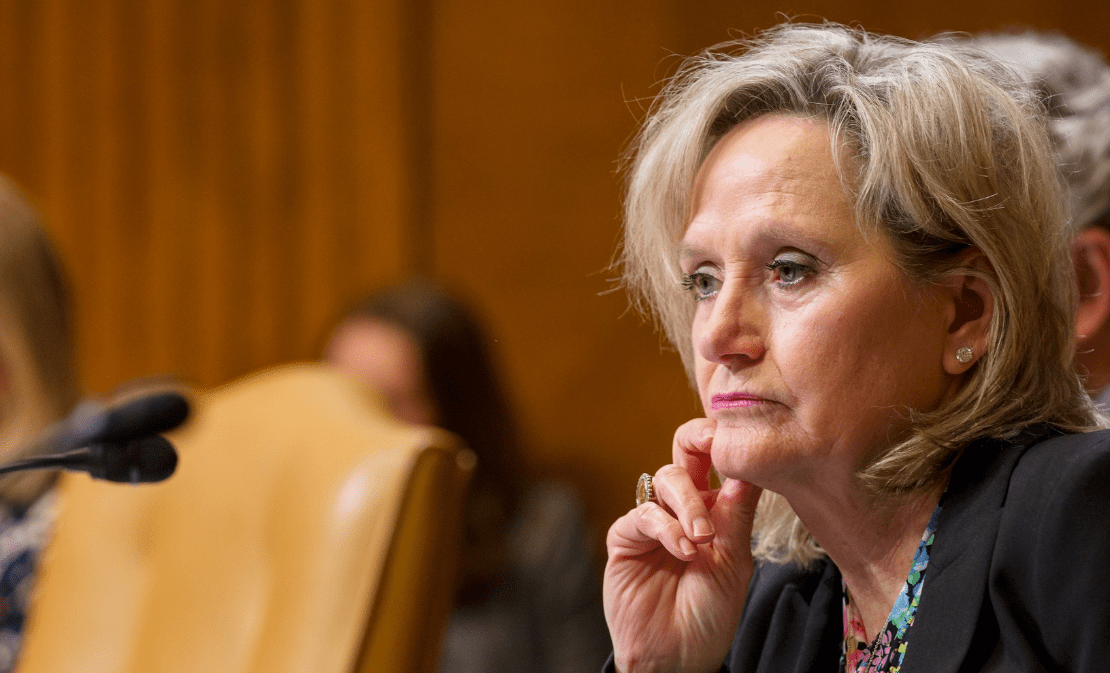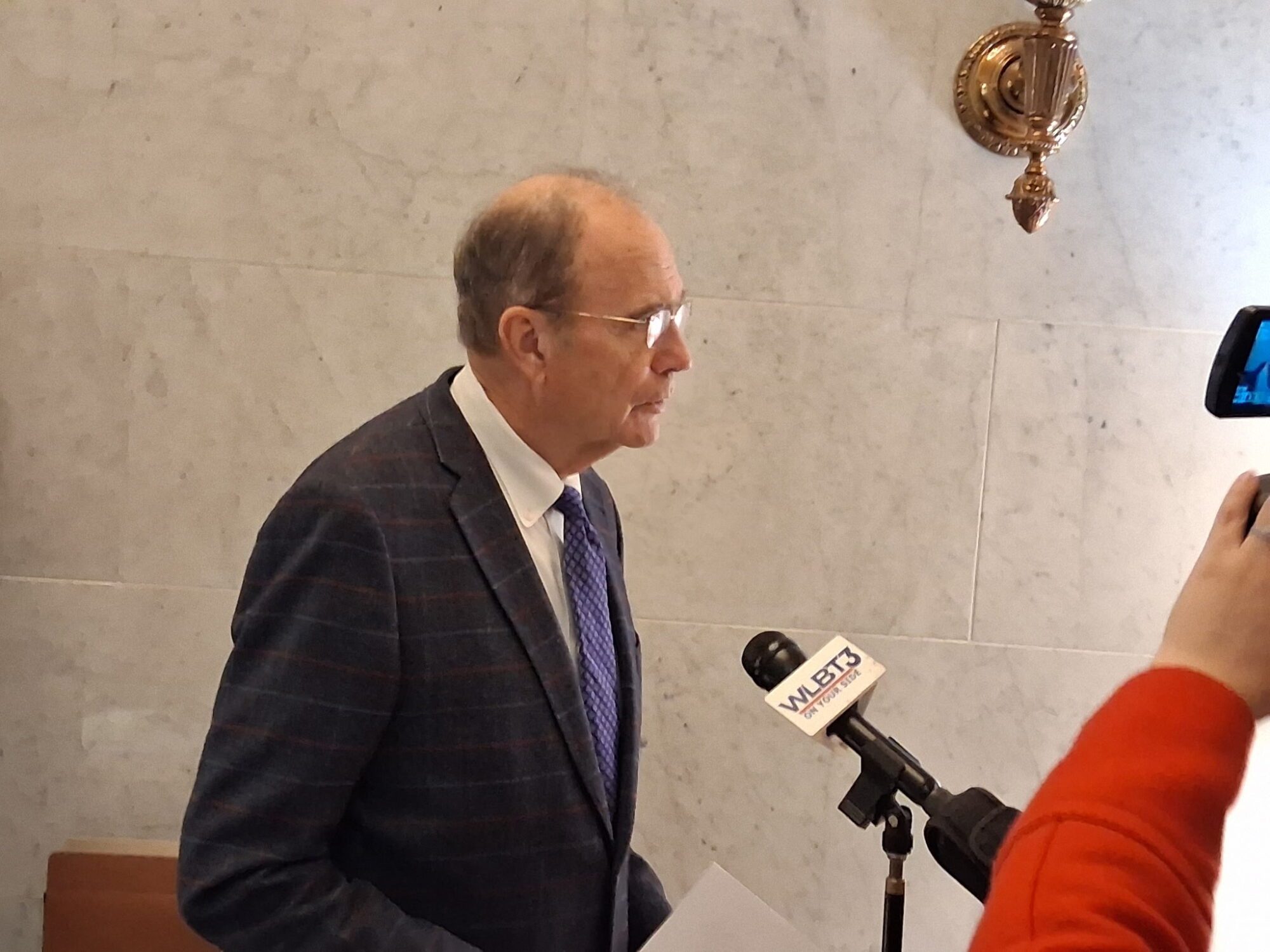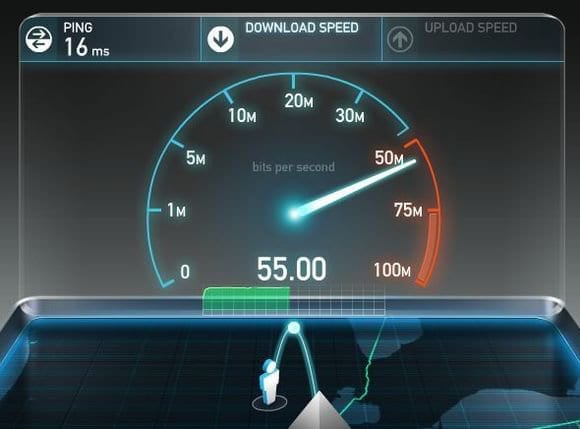
All that glitters is not gold. At least that’s how the old saying goes.
There’s been a massive political effort to push forward the concept of rural broadband delivery by electric cooperatives in Mississippi. Cities and counties have passed resolutions in support. There have been fawning yet thin news pieces. Rural broadband in Mississippi is the political equivalent of free snow cones. Who could possibly be against it?
But what’s really involved and are there economic risks?
There are 26 electric cooperatives in the state set up as non-profit member-owned entities with the sole purpose of providing electrical service to its members in largely rural areas. So far only a handful have expressed interest, but more are evaluating. Because the way state law is written, the Legislature is now being asked to change the code section to allow the cooperatives the latitude to provide these services.
The law that needs to be changed would effect MS Code 77-5-205 which says these cooperatives should make “the fullest possible use of electric energy by making electric energy available at the lowest cost”.
Recently, I sat down with Public Service Commissioner Brandon Presley, where we got substantially more in depth on the issues.
Presley was particularly clear that the “buck stopped” with the cooperatives and that there should be no local or state government backstop to any cooperative that got in over its head by delivering broadband. The plan is to have electric cooperatives set up an affiliate entity, still owned by the members, but that doesn’t use the backstop of revenue from electrical service.
There are a slew of issues that haven’t been fully digested publicly that merit consideration.
-
Provisioning carrier grade communications networks is extremely capital intensive and subject to rapid technological change
The simple reason why rural broadband isn’t ubiquitous now is because it’s expensive and difficult. These aren’t “riskless” transactions. If it were easy and profitable, the private sector would have done it long ago. But just like groceries and gasoline are often more expensive in rural areas (due to density of population and additional costs associated with distribution), broadband access might reasonably be more expensive and less available for the exact same reasons.
-
There are immediately available and affordable substitutes
There are some immediately available choices for rural consumers to get broadband access. Today. Viasat and HughesNet are two competitive satellite internet providers that provide 20+ megabit/second access for prices as low as $50/month. They can be provisioned anywhere in Mississippi. Much like television 10-15 years ago, Dish Network and DirecTV became a staple to provide cable TV to rural consumers at reasonable prices. There are a number of smaller “fixed-wireless” carriers that focus on line of sight delivery for broadband, though they’re certainly not available everywhere. And there are wireless technologies like 4G and WIMAX that can deliver “last mile” capability that are sporadically available. So the question to answer is, With market alternatives available, are electric cooperatives better off spending millions to build their own networks or should they use purchasing power to lower the cost of acceptable near term alternatives like satellite and fixed wireless?
-
Rural Electric Cooperatives are unregulated
These cooperatives are unregulated by the PSC and largely seem to be functioning normally to provide electrical service. But there are foreseeable issues when a non profit, without any particular competence in providing consumer based communications networks, borrows millions of dollars on the backs of ratepaying cooperative members via an affiliate to provide that service that may or may not be successful. And will these cooperatives compete in more aggregated markets against existing carriers where the “low hanging fruit” might be? Will they be able to provide phone and video service too?
-
If a failure occurs, rate payers (or even worse taxpayers) may be left holding the bag
Presley is quick to bring up success stories like Hamilton, Alabama where a $38 million network is being built to service up to 70,000 users. But providing broadband is financially risky. There are a slew of government or quasi-government sponsored broadband network failures that have blown up spectacularly or are losing money on a regular basis. Opelika, Alabama is a notable nearby example where millions of taxpayer dollars were lost as a result of slower adoption and more expensive than planned rollouts. In 2017, the University of Pennsylvania did a net present value study on the value of some of these localized quasi-government broadband initiatives and the results were not good. In some analysis the paybacks for the investments could be over 100 YEARS!
Provisioning carrier grade telecommunications is extremely capital and knowledge intensive. It requires a lot of human support (that providing electrical service only minimally needs). And the technological pace of change can render today’s latest and greatest obsolete in no time.
Rural electric cooperatives do have real assets in infrastructure that can undoubtedly be used to help improve lives particularly around enabling broadband. It is undoubtedly an economic driver for communities, and there may well be federal money through programs at the FCC and via the Farm Bill that can help. But the Mississippi legislature should at the very least give some policy consideration to protecting the interests of member/ratepayers so that nothing is done by unregulated electric cooperatives to jeopardize the one thing they’re supposed to do – provide electric service at the lowest possible prices to ratepayers.
